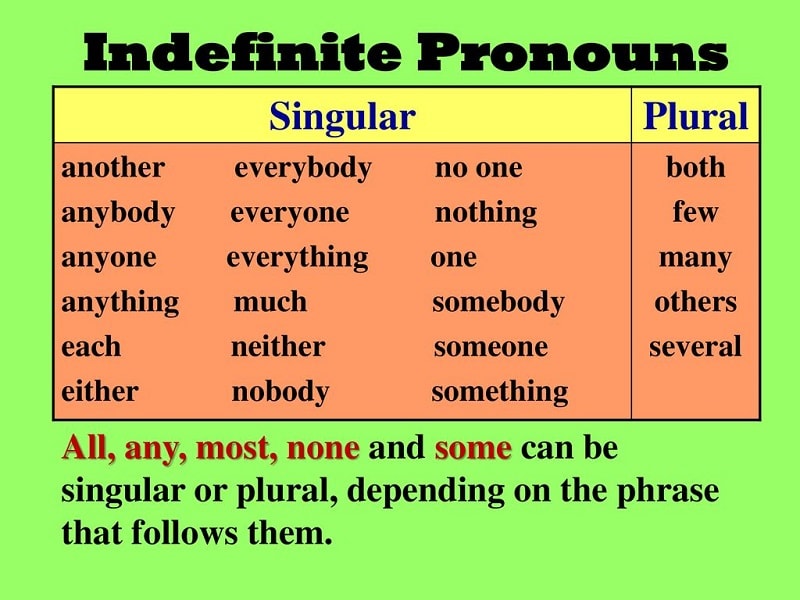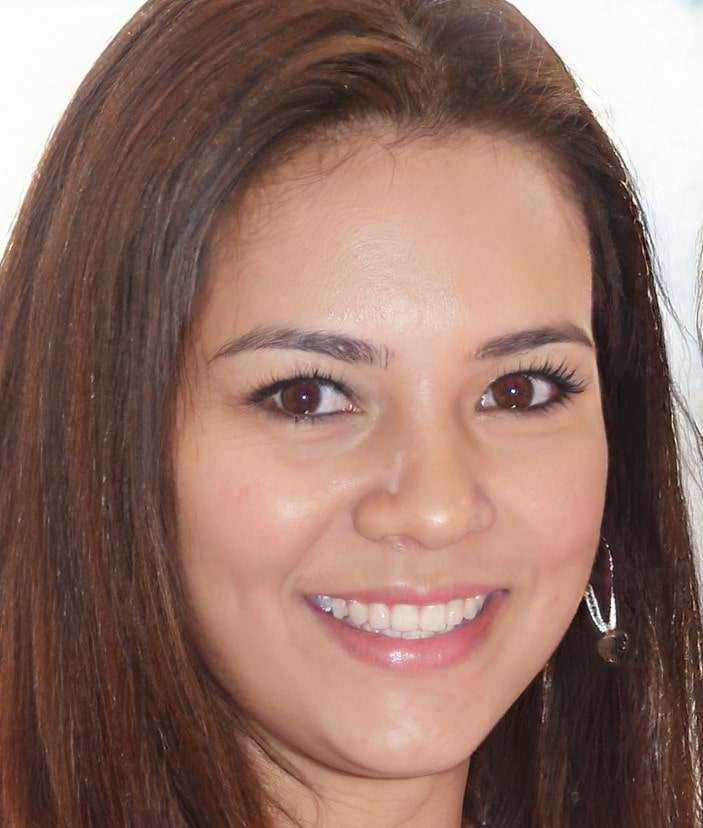As Someone Who Has or Have, which is correct? To answer this question, you need to grab the grammar rules of subject-verb agreement. In this article, I will simply demonstrate to you the rule that answers the question raised in the beginning.
Shortly, you use “has” for the singular indefinite pronoun “someone,” so the correct verb in “as someone who…” is has.
Subject-Verb Agreement: Someone Has Or Have?
To find out the answer to the question at the beginning of this article, we need to know what singular and plural indefinite pronouns are and the subject-verb agreement rules for each type of pronoun. Let’s get started!
What is an indefinite pronoun?
An indefinite pronoun is a pronoun that refers to an unspecific person or thing. In other words, an indefinite pronoun is a pronoun with no specific familiar referent.
Indefinite pronouns have singular and plural forms. Singular indefinite pronouns represent the singular nouns, while the plural indefinite pronouns represent the plural nouns.
List of singular and plural indefinite pronouns
- Singular indefinite pronouns
- Anybody, anyone, anything, anywhere, another, other
- Everyone, everything, everybody, one, everywhere, each
- No one, nobody, nowhere, nothing
- Somebody, someone, something, somewhere
- Neither, either
- When, whenever, whichever, wherever
- Less, little, much, plenty
- Plural indefinite pronouns
- Few, fewer, several, many, some, others
- Either singular or plural indefinite pronouns
- All, any, more, most, none, such, what, who

Grammar rules for indefinite pronouns
The subject-verb agreement rules for indefinite pronouns are the same as those for singular and plural nouns.
- Singular pronouns take singular verbs.
Examples:
- Nothing about him is true.
- No one believes her words about being beautiful without plastic surgery.
- When is the best time to go?
- Plural pronouns take plural verbs.
Examples:
- Some of the students are late for the morning class.
- Others are coming. Just wait for a couple of minutes.
- For singular or plural indefinite pronouns, the verb can be either singular or plural, depending on the speaker’s intention.
Examples:
- All the kids are coming.
- All is lost.
- None of the printers are (is) working.
Other note on choosing verb form for indefinite pronouns
- Neither and either are singular pronouns that take singular verbs though these go with plural nouns.
For example:
- Either of the sisters agrees to come to Bob’s party.
- Neither of them shows interest in the performance.
- For the indefinite pronouns that can be either singular or plural, when using relative pronouns what and who, the verb is determined based on the nouns they represent.
Example:
- What he gave me on my birthday was a pair of shoes.
- What she cares about are her books.
- The teacher who is in a black jacket and is standing next to the table is our Physics teacher.
- Two girls who are playing basketball are my younger sisters.
Question answering: As someone who has or have
Apparently, the answer is “has.” The phrase in the question includes two pronouns: the singular indefinite pronoun someone and the relative pronoun who. According to the subject-verb agreement rules above, the singular pronouns take the singular verb. So, the singular form of the verb “have” is “has.” Besides, the “who” relative pronoun would be followed by the singular verb because it represents the singular pronoun “someone.”
Therefore, “as someone who has” is the correct answer.
FAQs
Which is correct everything have or has?
The correct answer is “everything has.”
Because “everything” is a singular indefinite pronoun, it must take the singular verb. So, the answer is “has.”
Is who have grammatically correct?
Yes, “who have” is grammatically correct.
We can use both “who has” and “who have.” If we refer to one person, then use “who has.” On the other hand, we use “who have” to refer to more than one person.
Does everyone take a singular or plural pronoun?
Everyone is a singular pronoun, so it takes a singular verb.
For example, “Everyone says that Anthony has a beautiful voice.”
References:
- https://dictionary.cambridge.org/grammar/british-grammar/nouns-singular-and-plural
- https://en.wikipedia.org/wiki/Indefinite_pronoun

Tracy M. Hall was born in 1995 and studies society, human behavior, and mentality. She’s captivated by people’s interactions and motivations. After studying sociology, she got a Ph.D. in social psychology from Carnegie Mellon University. She wrote about human interaction, separation, and the future.
Tracy M. Hall is a social butterfly who likes meeting new people. She’s a superb listener and often acts as a confidante or mediator, eager to help others. Tracy’s life is an open book; Tracy shares her experiences to benefit others. She’s a natural optimist who feels everyone has something to offer and loves helping others realize their best.
Tracy M. Hall volunteered with mental health groups for years. She’s dedicated to destigmatizing mental illness and assisting.
